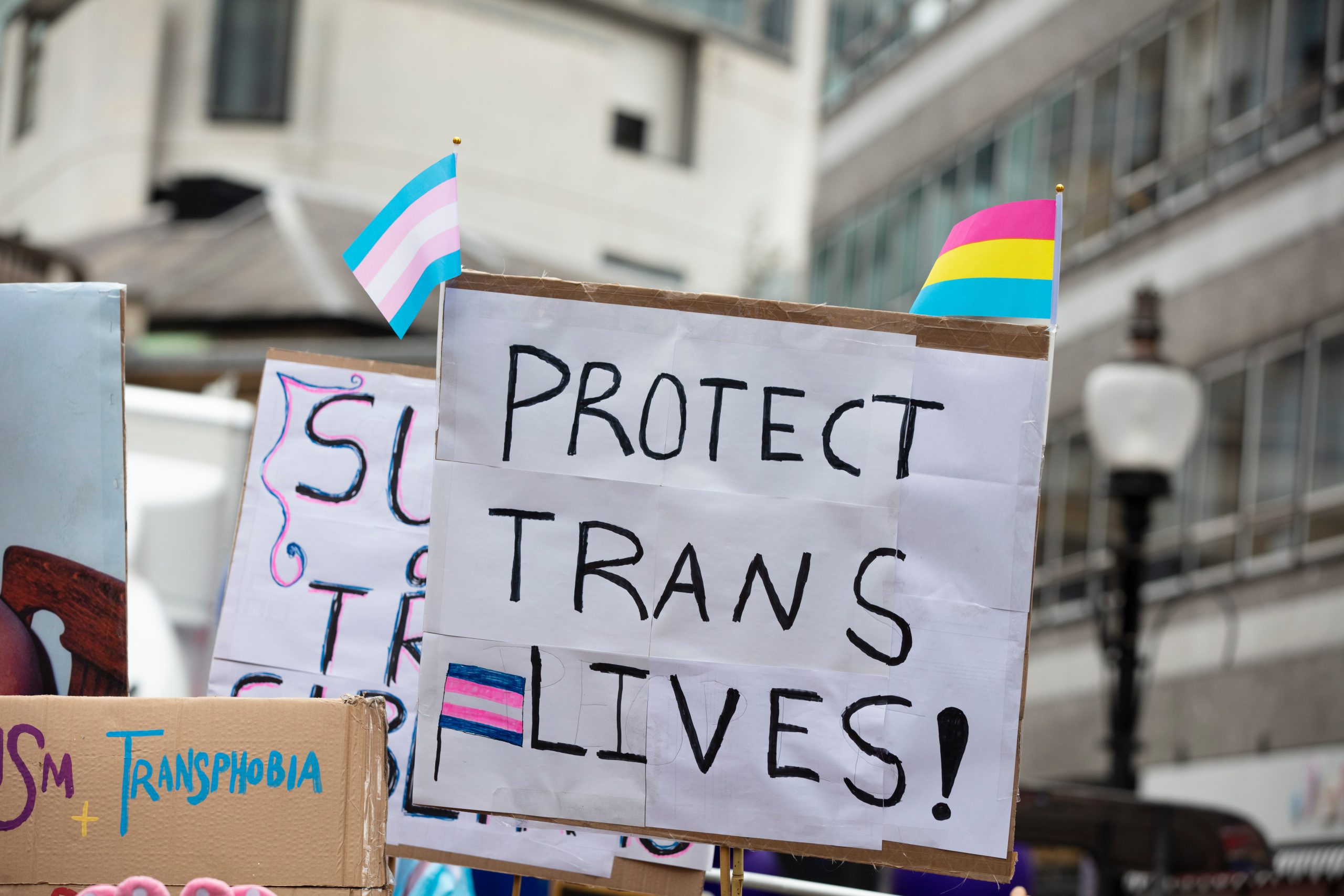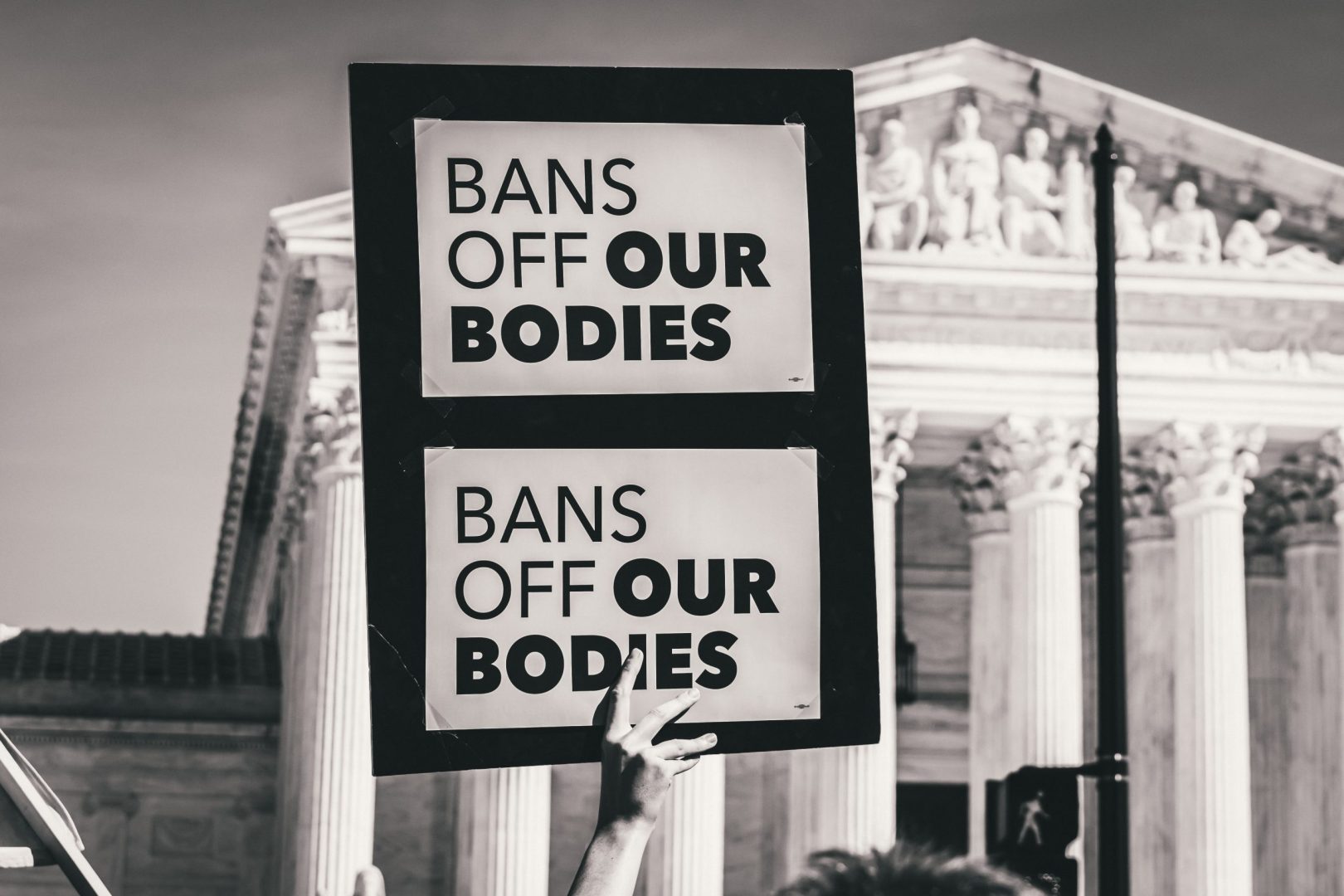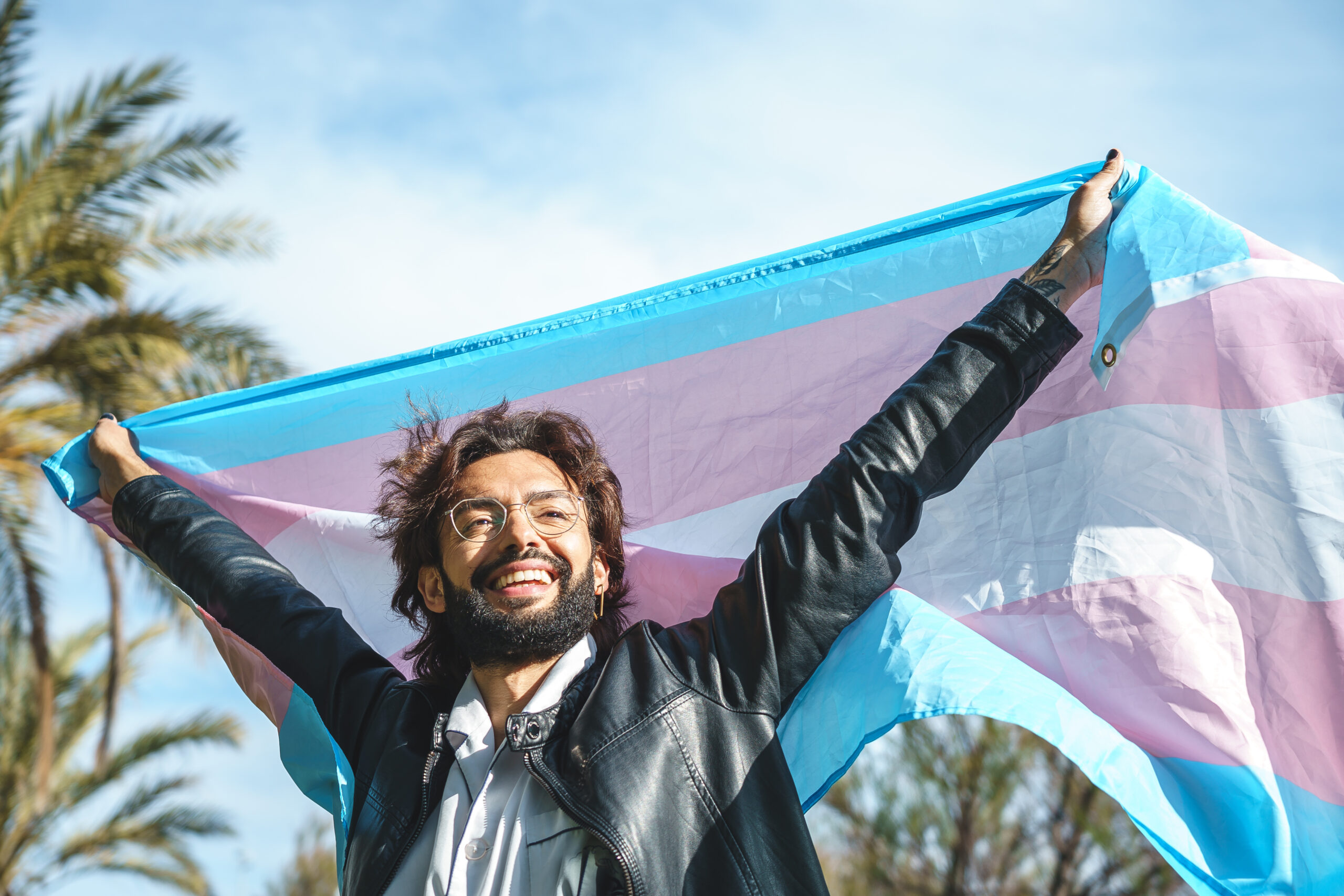Trans youth—like all young people—deserve to live in a world that affirms and celebrates them for who they are.
It’s been almost four months since the Department of Education in my home state of Virginia released new model policies that made my stomach drop. These policies’ promise to “Ensur[e] Privacy, Dignity, and Respect for All Students and Parents in Virginia’s Public Schools” has proven worse than empty: the policies have been widely criticized for how they “will harm and endanger trans youth.”
Despite learning about the new model policies from the relative safety I enjoy in Seattle, as a trans non-binary adult, my heart ached for all the young Virginians who would inevitably suffer at a time when they so desperately need broad social support and protections.
Although many Virginia school districts have since committed to implementing these model policies, not all have complied. In mid-August, Fairfax County Public Schools—the largest school system in the state and the one from which I graduated in 2014—released a statement refusing to adopt the new policies. They are among a small number of school districts that have refuted the Youngkin administration’s discriminatory policies, instead keeping their existing model policies which contain strong protections for transgender and gender expansive students and staff. I was deeply moved by this assertion that my former school district aims to stand in support of its trans students.
During my time in a Fairfax County high school in the early 2010s, I didn’t feel such clear support or visibility for the LGBTQ+ community. I have no recollections of learning any LGBTQ+ history, and I am positive there was no discussion of queer or trans identities during the limited sexual health education courses that primarily left me feeling confused and embarrassed. I knew my school had a GSA, but I didn’t participate for fear of social ramifications. I didn’t know if there was a way for me to access counseling without my parents being alerted, and I wasn’t ready for whatever discussions that might prompt.
With nobody to talk to, my mental health suffered. My sense of self became increasingly fragmented as I tried to explore and cope in secret. This is what happens when LGBTQ+ young people have to exist without social supports: they don’t stop being themselves, but they likely will grow to bear the scars of having to figure it out on their own.
After I graduated, I moved out of state to a college where I was able to develop a queer community and experiment with identity labels and presentations. Alongside my work to heal and understand myself, I watched from afar as my home state slowly grew more supportive of LGBTQ+ youth. In 2018—the year I graduated college and moved to Seattle—Gov. Ralph Northam was elected, and his administration began strengthening LGBTQ+ protections.
In April 2020, the Virginia Values Act was passed, making Virginia “the first Southern state to enact comprehensive non-discrimination protections for LGBTQ people.” In 2021, the Virginia Department of Education created model policies that were “trans-affirming and were created in collaboration with various stakeholders, including parents, teachers, and transgender students.”
Within that same timeframe, Fairfax County Public Schools formally recognized October as LGBTQ History Month, celebrated June as Pride month, and passed Regulation 2603 to provide “gender-expansive and transgender students with an equitable, safe, and supportive school environment.” Although not all school districts in Virginia adopted the new trans-affirming model policies, they were still a huge step in the right direction.
The anti-LGBTQ, “parental rights” agenda pushed by the current administration under Gov. Glenn Youngkin marks a dramatic departure from the progress Virginia had been making over the past few years.
The anti-LGBTQ, “parental rights” agenda pushed by the current administration under Gov. Glenn Youngkin marks a dramatic departure from the progress Virginia had been making over the past few years. The new 2023 model policies block trans students from using restrooms and participating in sports teams consistent with their gender identity. These policies create more barriers to trans students accessing counseling services and prevent schools from protecting students against forcibly being outed to their parents. The policies also require written parental consent for students to use affirming names and pronouns in school, and allow teachers and staff to “disregard parent’s written instruction and misname and misgender students in the classroom based on their own personal beliefs.” These policies were enacted in spite of thousands of students participating in walkouts and tens of thousands of comments filed in opposition.
It makes sense that parents would want insight into what their children are learning about and how they are developing, but this insight must not come at the expense of a young person’s safety and well-being. In high school, I wasn’t yet ready to explore other names or pronouns, but many trans and nonbinary young people are and should absolutely have the support they need to do so—regardless of whether their parents are on board.
Robbing young people of the opportunity to come out on their own terms can also be devastating. It was a key point of development for me to be able to navigate coming out to different people in my life when I felt ready for it, after first getting space to explore with supportive peers and accessing counseling services in college.
Rather than being made to “out” students who aren’t ready, counselors, teachers, and staff could be encouraged to work with them to determine whether it would be safe to involve parents and create a plan for how to get parental support.
Finally, instead of fearmongering around incredibly rare instances of trans young people assaulting peers to justify blocking their access to appropriate bathrooms and facilities, schools could focus on implementing trauma-informed approaches to prevent the massively more prevalent issue of sexual violence among the broader student body.
In this post, I’ve taken a closer look at the circumstances in Virginia, but similar anti-LGBTQ+ policies are rampant across the country. Trans youth deserve to not only live without threats to their safety and health care; trans youth—like all young people—deserve to live in a world that affirms and celebrates them for who they are and ensures every young person has the agency, opportunity, and equitable access to make informed decisions about their bodies, relationships, and futures.
In a time of widespread legislative assaults on the rights of trans youth, it’s crucial that youth-supporting professionals, families, and other trusted adults step up to advocate and care for young people. Even without a supportive school environment, research shows that “for an LGBTQ young person, having at least one accepting adult in their life can lower odds of suicide risk by 40%.”
If you’re a parent, guardian, or trusted adult of a trans young person, The Cut just released The Transgender Family Handbook, which includes 144 specific suggestions from trans young people and their loved ones.Anyone who cares about trans youth can also use their voice by signing the ACLU’s national pledge, and Virginians can take the Pride Pledge to receive updates on the model policies and action opportunities. For those with the means to do so, donating to organizations like the Trevor Project and Trans Lifeline can help to ensure young people across the country have someone to call if they are in crisis. Finally, you can read more about Maryland’s efforts to protect trans youth and young adults as a protected state via the Trans Health Equity Act, and pressure your representatives to enact similar legislation.
For any trans and other LGBTQ+ youth reading this, please know that you matter, and that your expression and resistance are powerful. Although student protests in Virginia didn’t stop the Youngkin administration from pushing its harmful agenda, I can personally attest to the power of seeing that you are not alone, that people care about you and your rights.
For any trans and other LGBTQ+ youth reading this, please know that you matter, and that your expression and resistance are powerful. Although student protests in Virginia didn’t stop the Youngkin administration from pushing its harmful agenda, I can personally attest to the power of seeing that you are not alone, that people care about you and your rights. Even if you’re not getting support from your families, communities, or schools, there are resources out there built by people who care about you. If you’re looking for resources to explore your identity and support your mental health, check out imi‘s guides. OkaySo also provides an anonymous, text-based way to ask questions of trained health experts and get connected to local agencies that can provide support. Finally, if you are ever in crisis and need someone to talk to, you can reach the Trans Lifeline by calling (877) 565-8860 or access the Trevor Project crisis hotline by either texting START to 678-678 or calling 1-866-488-7386.
My heart goes out to all the young LGBTQ+ people in Virginia and across the U.S. who are facing the consequences of discriminatory policies. My heart goes out to the families, teachers, and school staff who care for these young people and want to do their best to support them. And to the school boards in Virginia counties who have refused to implement the Youngkin administration’s model policies, I want to offer a sincere thank you from a proud alumnus. Please keep fighting for your trans students.








